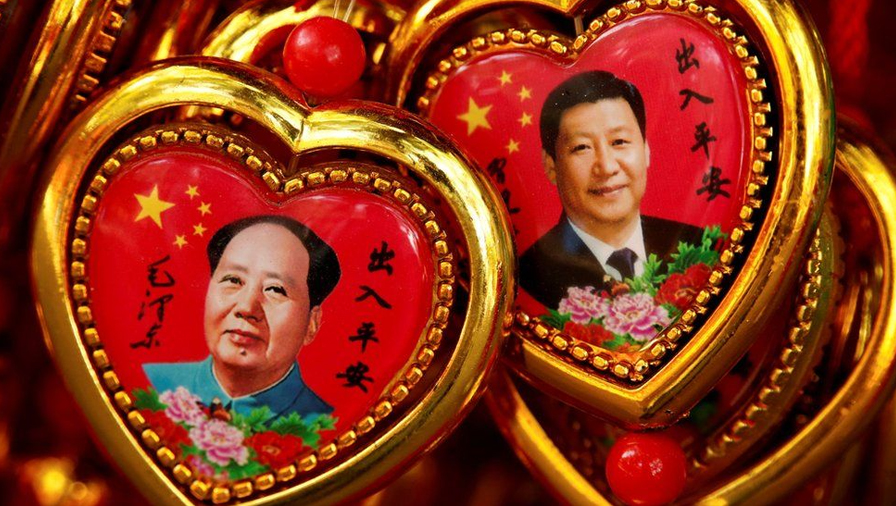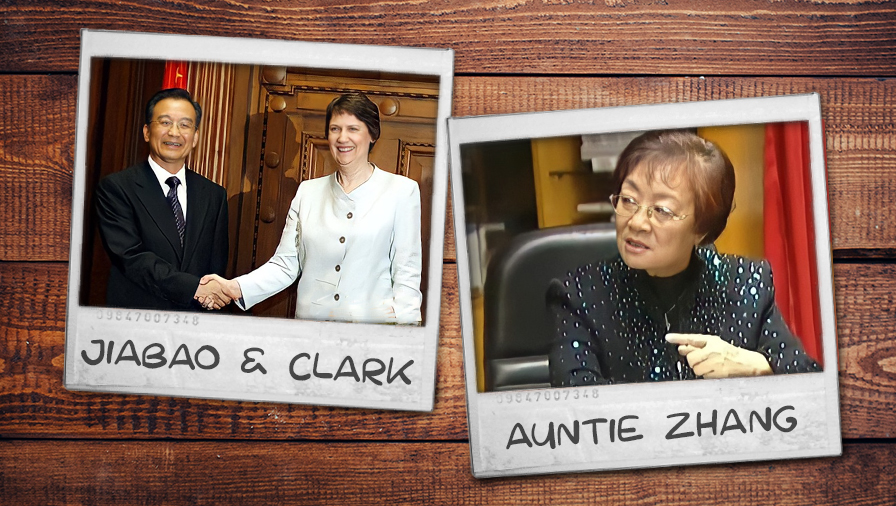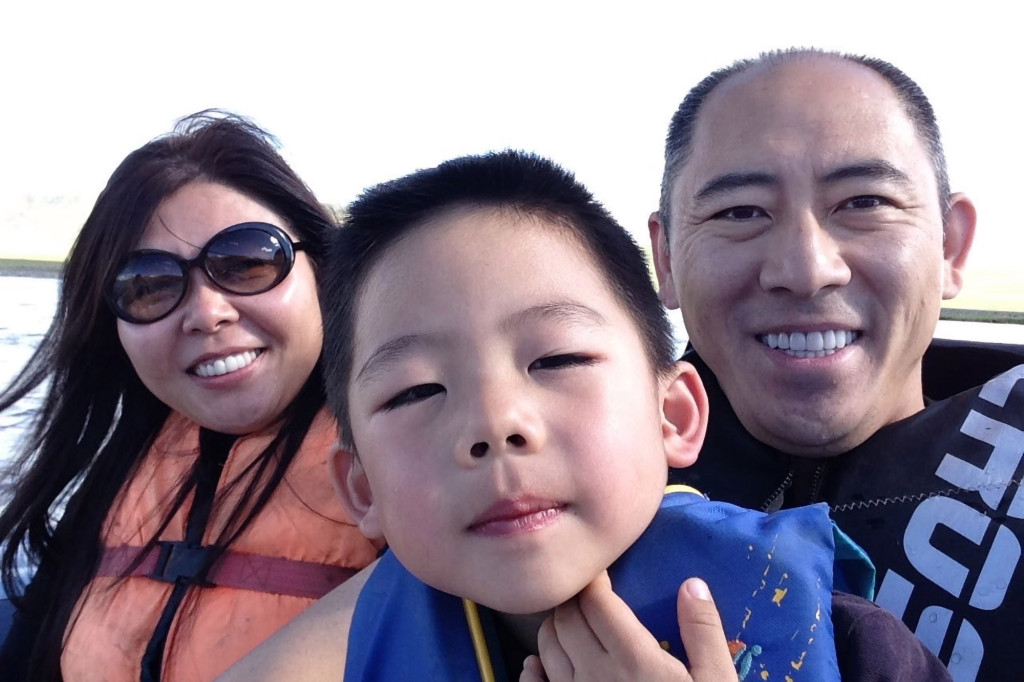China’s class war against billionaires
OPINION: An insider’s account of why the Communist Party is destroying its most successful business people.
OPINION: An insider’s account of why the Communist Party is destroying its most successful business people.
The intensification of a campaign against China’s wealthiest tycoons and powerful industries reflects the Communist Party’s moves to maintain its social and economic power.
Since assuming the presidency nearly a decade ago, Xi Jinping has concentrated his power over both the party and China’s burgeoning private sector in the name of “common prosperity”. This attempts to reduce the yawning inequalities in Chinese society created by two decades of “greed is good” capitalism.
It is not the Western variety, where capital is widely spread and not politically controlled. Xi’s campaign has popular appeal in a society where displays of excessive wealth clash with socialist rhetoric, while bribery and corruption are deeply embedded in a hierarchical system of favours.
Xi’s crackdown has prompted a high-level debate in official circles about whether this heralds a new “cultural revolution” and a return to Maoism.

After Mao Zedong’s death in 1976, Deng Xiaoping gradually opened China to outside influences – not just economic but also cultural expression. The Communist Party tolerated degrees of dissent over day-to-day issues that affect ordinary people’s lives. But one issue always remained above discussion; the wealth of the elite who seized power in the revolution of 1949.
Wealth exposed
In 2012, that rule was challenged when the New York Times reported on the economic power of these rulers and their families. In particular, the exposé focused on the extraordinary wealth accumulated by the family of Wen Jiabao, premier from 2003-13. The report estimated his son, daughter, younger brother and brother-in-law controlled assets worth at least US$2.7 billion.
They had shares in banks, jewellers, tourist resorts, telecommunications companies and infrastructure projects, sometimes by using offshore entities. The holdings included a villa development project in Beijing, a tyre factory in northern China, a company that helped build some of Beijing’s Olympic stadiums, including the well-known “Bird’s Nest”, and Ping An Insurance, one of the world’s biggest financial services companies.
The detailed report told how Wen’s wife Zhang Beili, known as the “Diamond Queen”, had built a lucrative gemstone business using her access to a state monopoly. The Times quoted from US State Department documents released by WikiLeaks.
Earlier that year, the Bloomberg website was blocked when it reported the extended family of then Vice-President Xi had amassed hundreds of millions of dollars in assets.

Path to riches
Much of the Times report has been confirmed by the former husband of one of Zhang’s prodigies. The Times said: “In the late 1990s, Duan Weihong was managing an office building and several other properties in Tianjin, the prime minister’s hometown in northern China, through her property company, Taihong. She was in her 20s and had studied at the Nanjing University of Science and Technology. Around 2002, Duan went into business with several relatives of Wen Jiabao, transforming her property company into an investment vehicle of the same name. The company helped make Duan very wealthy.”
The Times interviewed Duan, who preferred to be known by her English forename of Whitney, but made no mention of her business partner and husband. Desmond Shum has now told his side of the story in Red Roulette, a comprehensive insider’s account of China’s “princelings”, the children of the communist regime’s founders.
‘Red aristocracy’
Shum describes them as the “red aristocracy”, who have special access to health care, accommodation, overseas education, travel and other VIP privileges not available to any other Chinese.
Most of all, during the early wild-west part of China’s capitalist period, they gained control of state monopolies and had preferred treatment in share offerings. But that wealth came with obligations, which is why successful entrepreneurs such as Ali Baba’s Jack Ma have become targets for punishment.
“Anyone running a sizeable business was bound to be violating some type of law, whether it be environmental, tax or labour. So while the returns could be lofty, you were always vulnerable,” Shum writes.

“When the Chinese government passes a law it invariably makes it retroactive, so events that occurred years ago that had been unregulated could become crimes today.”
Industries targeted so far include technology, entertainment and video games. Others will undoubtedly follow if they are viewed as contributing to social inequities.
Humble beginnings
Shum divorced Duan in 2015 and now lives beyond the reach of Beijing in England. His book is enlightening because of his long relationship with “Auntie” Zhang’s circle. (“Auntie” is a term of endearment rather than a description of relationship.)
A common characteristic of the red aristocrats is that the first generation were from humble origins, as befits believers in communism. The inherited influence and consequent wealth of the next generation is more typical of an authoritarian dynasty.
When Mao unleashed the Cultural Revolution, individual Chinese had little wealth. The better-off urban class of intelligentsia, public servants and teachers were subjects of mass denunciations. Old and young were sent to rural areas for re-education.
Rapid rise
Shum’s parents married in 1965 after they met at a teachers’ college in Shanghai. They lived with two other families in part of a three-story residence seized by the state from Shum’s grandfather. After Deng eased emigration restrictions in the late 1970s, the Shums moved to Hong Kong.
Their living conditions took a tumble but hard work eventually overcame that, allowing their son to spend four years at a university in Wisconsin.
Shum’s knowledge of China and experience in the English-speaking world assured him of a rapid rise in the business world. He met and became a business partner of Duan after being promoted to Beijing in 1997. He describes their subsequent marriage as a merger of Western know-how (xixue) and Chinese political influence (zhongxue). They were rich enough to afford IVF treatment for Duan in New York when, in their late 30s, they wanted a child.
Cultural revolution
Some hardliners have called for a new cultural revolution to fulfil Xi’s goal of “common prosperity”. One commentator, former newspaper editor Li Guangman, said the crackdown against Ma and other technology tycoons was part of “a profound revolution” in China’s industry, finance, culture and politics.
“The transformation will sweep away all the dust,” including overnight capitalists and “sissy pants” cultural identities, he wrote. “The red has returned,” echoing a Maoist slogan.
In response, Hu Xijin, editor of the jingoistic Global Times, tried to cool speculation: “China needs to continue with self-improvement in a forceful yet steady way,” he said.
The timing of Shum’s book, confirming those earlier reports by Bloomberg and the New York Times, is a harbinger of more trouble for “expendable” entrepreneurs such as Ma.
“They don’t own all the wealth they own. Part of their holdings are held on behalf of the red owners at the back,” Shum writes. “Alliances with businessmen were temporary as part of the [Communist] Party’s goal of total societal control. Once we were no longer needed – to build the economy, invest overseas, or help restrict freedoms in Hong Kong – we, too, would become the enemy.”
Duan goes missing
Shum’s former wife Duan, who was unrelated to Zhang or any of the elite, was described as China’s richest woman when she disappeared without trace in 2015, six months after she was barred from leaving the country. Shum believes she is helping authorities with their investigations.

Last week, she made her first contact with Shum and their son in four years, urging him to stop the release of Red Roulette. The book claims Zhang told Duan in 2013 that the family’s assets had been donated to the state in return for immunity from prosecution.
Many of the officials named in Red Roulette have been purged and jailed or executed on corruption charges. They include the former head of Beijing International Airport, where Duan and Shum oversaw the construction of a logistics hub. Another was the Beijing region’s most senior party official, who was seen as a threat to Xi.
In their heyday, Shum and Duan travelled the world in luxury, at one stage taking Auntie Zhang to Milford Sound, where “people had no idea that the elderly lady slurping [instant noodles] next to them was the wife of China’s premier.”
Red Roulette has the potential to become a more influential account of how business is done in China than many of the informed commentaries by experts. Its focus on individuals shows how heavily everyone depends on the favours system. In the case of the Beijing airport cargo project, this required three years of penetrating dozens of layers in dozens of bureaucracies before anything could get done.
In China, Shum observes, “the rules were intentionally fuzzy, constantly changing, and always backdated”. Trust is a scarce commodity that takes time to build, while the corner-cutting business mindset often produces the wrong outcomes.
The outside world can only wait and see who will be the next victims of Xi’s “common prosperity” goals.
Red Roulette: An insider’s story of wealth, power, corruption and vengeance in today’s China, by Desmond Shum (Simon & Schuster)
Nevil Gibson is a former editor at large for NBR. He has contributed film and book reviews to various publications.
This is supplied content and not paid for by NBR.
Sign up to get the latest stories and insights delivered to your inbox – free, every day.